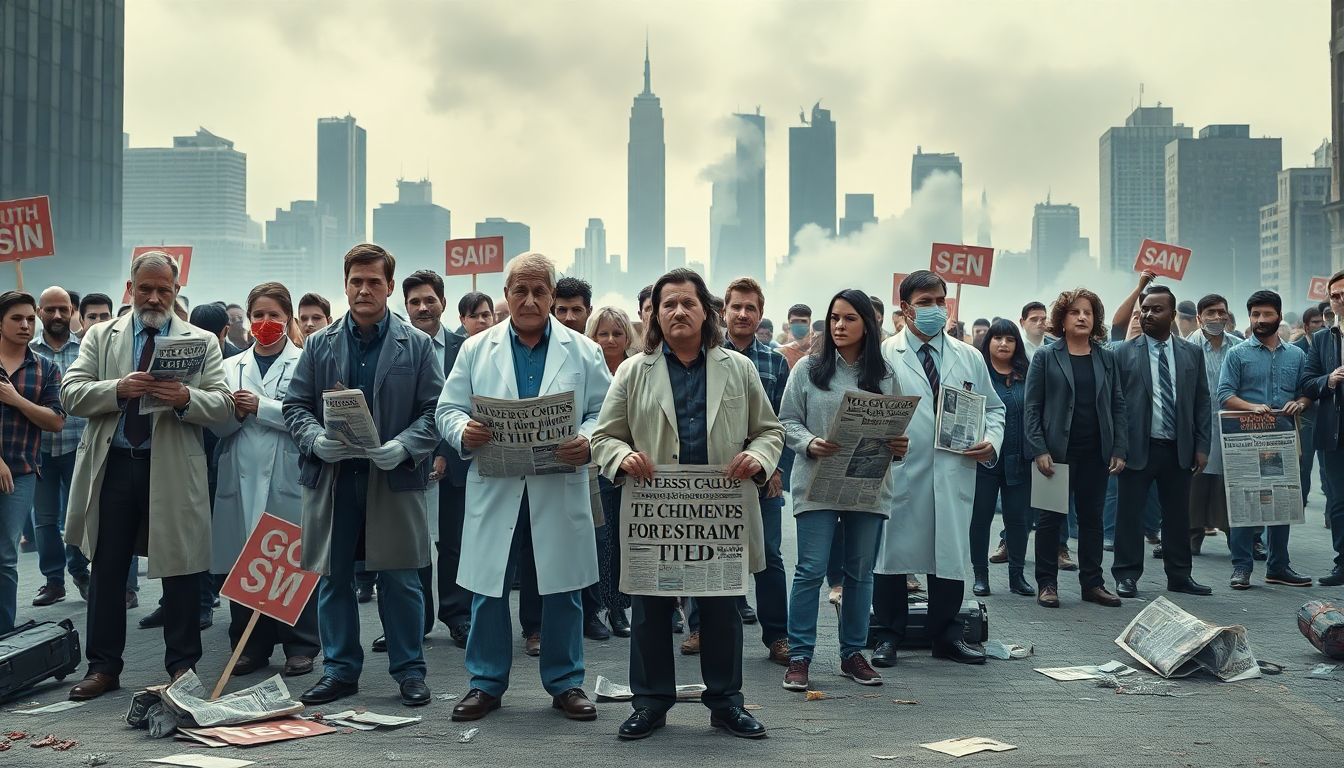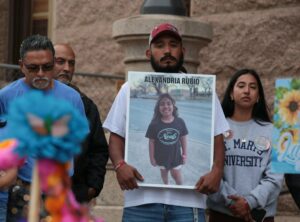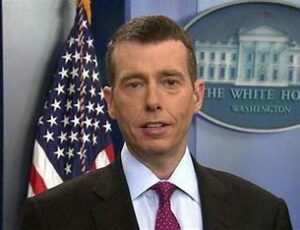More than five years since the onset of the Covid-19 pandemic, scholars and commentators are reexamining how Western governments handled the crisis. Leading this call is Princeton professor Stephen Macedo, along with colleague Frances Lee, in their new book In Covid’s Wake: How Our Politics Failed Us.
The duo spent months reviewing the early responses and were shocked by what they uncovered. “I have often not been able to believe what I’ve been reading,” said Macedo, referencing 2019 guidance from the WHO and Johns Hopkins that questioned the efficacy of non-pharmaceutical interventions (NPIs) like masking and social distancing. These, ironically, became central strategies in countries such as the U.S. and UK.
Released on Tuesday, the book is described by The New York Times as “an invitation to have a reckoning.” It argues that democratic norms and open debate were abandoned when they were most needed. “We didn’t just get the science wrong — we shut down debate, punished dissent, and failed to adapt as new evidence emerged,” writes Lee.
One of the most influential early documents was a paper by UCL epidemiologist Neil Ferguson predicting 2.2 million U.S. deaths in the absence of lockdowns. “It was a voice that defined the debate,” Lee notes, despite Ferguson’s long-standing and controversial stance on NPIs.
“Science guides policy, but it doesn’t decide it,” Lee states. “There are always value judgments in public choices.”
The authors argue that by deferring entirely to experts, political leaders evaded accountability and demonized dissent. This, they claim, contributed to a form of moral panic where alternative viewpoints were framed as not only incorrect but dangerous.
Initial public support for lockdowns was strong — 93% of the UK favored the first — but Macedo and Lee say groupthink quickly took over. “I went along with it at first,” admits Macedo. Lee, however, remained skeptical. “Coordinating the whole of society? I did not think this was sensible,” she said.
“The people at the helm were in the laptop class,” Macedo argues — professionals and media figures able to work from home. Those in blue-collar or essential roles had far fewer choices. “If you don’t need to walk outside your door to go to work, it’s easy to lose sight of people who do.”
States like Florida and Georgia, which rejected extended lockdowns, were initially vilified. Yet, they experienced no significant difference in mortality rates compared to stricter states. Even so, criticism of divergence continued, and honest debate remained rare.
Both authors say they faced professional risks for asking uncomfortable questions. “Some of my older mentors just didn’t want to get involved,” says Macedo.
Even as their book receives praise from across the political spectrum, they note the lack of introspection remains striking. “The reputational stakes are high,” Macedo explains. “People are still dug in, but cracks are opening.”
One major shift has occurred around the lab-leak theory. Once dismissed as conspiracy, internal documents show health officials considered it plausible early on, only to suppress discussion publicly to maintain diplomatic harmony. “There’s no question it was shut down too quickly,” says Macedo.
Despite evidence that many early decisions were based on fragile science — and that less restrictive approaches often worked better — public backlash remains subdued. “It’s very peculiar,” Macedo observes. “We don’t claim to be omniscient, but the debate has been remarkably one-sided.”
The professors fear similar mistakes will be made in future crises. “Closed thinking and fear of dissent are baked into the system now,” warns Lee. “We need a wider reckoning.”
That includes admitting past mistakes and ensuring democratic institutions foster genuine public input — especially when sacrifices are being demanded. “We hope the book provokes some rethinking,” says Macedo, “and a willingness to do better next time.”




